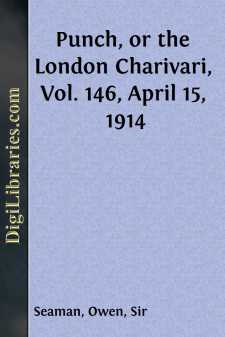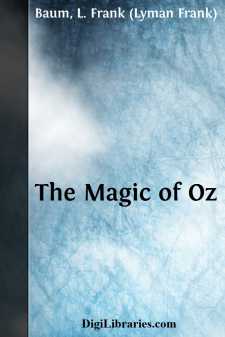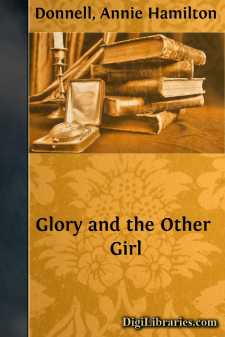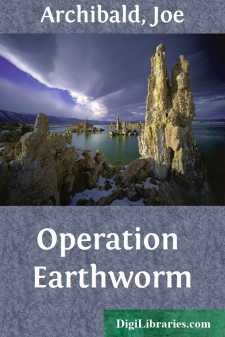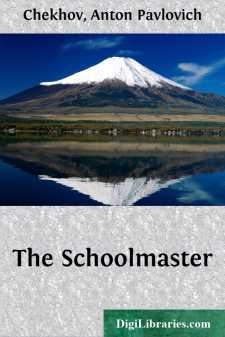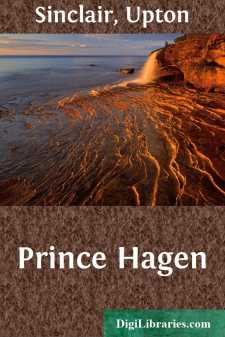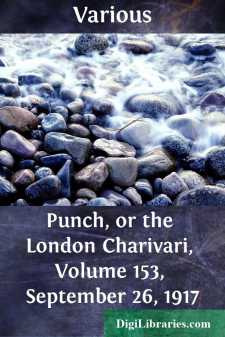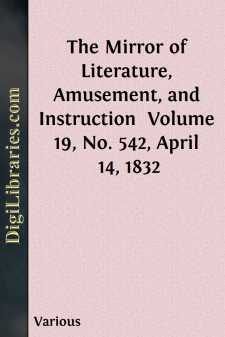Categories
- Antiques & Collectibles 13
- Architecture 36
- Art 48
- Bibles 22
- Biography & Autobiography 813
- Body, Mind & Spirit 142
- Business & Economics 28
- Children's Books 14
- Children's Fiction 11
- Computers 4
- Cooking 94
- Crafts & Hobbies 4
- Drama 346
- Education 46
- Family & Relationships 57
- Fiction 11828
- Games 19
- Gardening 17
- Health & Fitness 34
- History 1377
- House & Home 1
- Humor 147
- Juvenile Fiction 1873
- Juvenile Nonfiction 202
- Language Arts & Disciplines 88
- Law 16
- Literary Collections 686
- Literary Criticism 179
- Mathematics 13
- Medical 41
- Music 40
- Nature 179
- Non-Classifiable 1768
- Performing Arts 7
- Periodicals 1453
- Philosophy 64
- Photography 2
- Poetry 896
- Political Science 203
- Psychology 42
- Reference 154
- Religion 513
- Science 126
- Self-Help 84
- Social Science 81
- Sports & Recreation 34
- Study Aids 3
- Technology & Engineering 59
- Transportation 23
- Travel 463
- True Crime 29
Sort by:
by:
Laura F. Freck
INTRODUCTION The Short Story. In the rush of modern life, particularly in America, the short story has come to be the most popular type of fiction. Just as the quickly seen, low-priced moving picture show is taking the place of the drama, with the average person, so the short stories that are found so plentifully in the numerous periodicals of the day are supplanting the novel. The short story may be...
more...
by:
Owen Seaman
APRIL 15, 1914. Reuter telegraphs from Melbourne that the Commonwealth building in London is to be called "Australia House." This should dispose effectively of the rumour that it was to be called "Canada House." "The Song of the Breakers," which is being advertised, is not, we are told, a war song for the Suffragettes. Some of the Press reported a recent happy event under the...
more...
1. Mount Munch On the east edge of the Land of Oz, in the Munchkin Country, is a big, tall hill called Mount Munch. One one side, the bottom of this hill just touches the Deadly Sandy Desert that separates the Fairyland of Oz from all the rest of the world, but on the other side, the hill touches the beautiful, fertile Country of the Munchkins. The Munchkin folks, however, merely stand off and look at...
more...
CHAPTER IFIRST IMPRESSIONS “Oh, dear, what if she shouldn’t meet me!” sighed Betty Wales for the hundredth time at least, as she gathered up her bags and umbrella, and followed the crowd of noisy, chattering girls off the train. “So long, Mary. See you to-morrow.” “Get a carriage, Nellie, that’s a dear. You’re so little you can always break through the crowd.” “Hello, Susanna! Did...
more...
Chapter I. Glory ran in the last minute to bid Aunt Hope good-by. That was the one thing that she never forgot. “Good-by, auntie. I'm off, but I'm not happy. Happy! I'm perfectly mis-er-a-ble! If only I had passed last year! To think I've got to go back to that baby seminary, and the other girls will have entered at Glenwood! Oh, dear! I'll never be able to catch up.”...
more...
by:
Joe Archibald
Interplanetary Press, Circa 2022—Septimus Spink, the first Earthman to reach and return from New Mu in a flying saucer, threw a hydroactive bombshell into the meeting of the leading cosmogonists at the University of Cincinnatus today. The amazing Spink, uninvited, crashed this august body of scientists and laughed at a statement made by Professor Apsox Zalpha as to the origin of Earth and other...
more...
THE SCHOOLMASTER FYODOR LUKITCH SYSOEV, the master of the factory school maintained at the expense of the firm of Kulikin, was getting ready for the annual dinner. Every year after the school examination the board of managers gave a dinner at which the inspector of elementary schools, all who had conducted the examinations, and all the managers and foremen of the factory were present. In spite of their...
more...
by:
Upton Sinclair
ACT ISCENE I[Shows a primeval forest, with great trees, thickets in background, and moss and ferns underfoot. A set in the foreground. To the left is a tent, about ten feet square, with a fly. The front and sides are rolled up, showing a rubber blanket spread, with bedding upon it; a rough stand, with books and some canned goods, a rifle, a fishing-rod, etc. Toward centre is a trench with the remains...
more...
by:
Various
MISTAKEN CHARITY. Slip was riding a big chestnut mare down the street and humming an accompaniment to the tune she was playing with her bit. He pulled up when he saw me and, still humming, sat looking down at me. "Stables in ten minutes," I said. "You're heading the wrong way." "A dispensation, my lad," he replied. "I'm taking Miss Spangles up on the hill to get...
more...
by:
Various
THE BEULAH SALINE SPA, NORWOOD. Our attention has been invited to the Beulah Spa by a brochure lately published, from the very competent pen of Dr. George Hume Weatherhead; the details of which will be read with interest by all who are in quest of "healing founts." "The Spa," observes Dr. Weatherhead, "has long been resorted to by the country people of the neighbourhood, who, from...
more...



